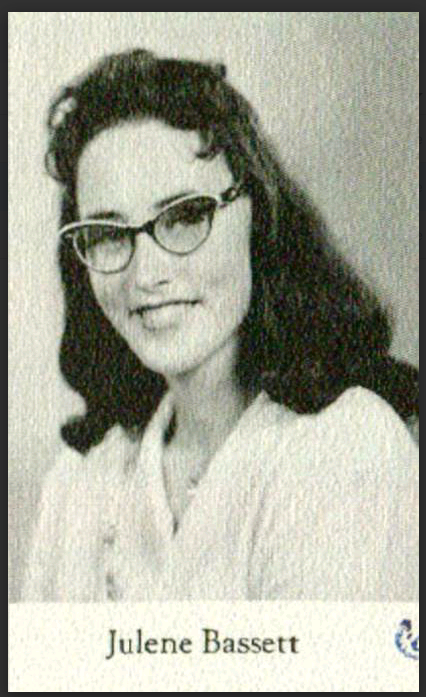On His Blindness
by John Milton (1608 – 1674)
composed about 1652
When I consider how my light is spent
E're half my days, in this dark world and wide,
And that one Talent which is death to hide,
Lodg'd with me useless, though my Soul more bent
To serve therewith my Maker, and present
My true account, least he returning chide,
Doth God exact day-labour, light deny'd,
I fondly ask; But patience to prevent
That murmur, soon replies, God doth not need
Either man's work or his own gifts, who best
Bear his milde yoak, they serve him best, his State
Is Kingly. Thousands at his bidding speed
And post o're Land and Ocean without rest:
They also serve who only stand and waite.
Milton, on losing his sight, is gaining his vision.
On the restoration of Charles II and the the English Monarchy Miltons' hopes of seeing the English people freeded from the dual yokes of Monarchy and Episcopalianism are dashed. Thus ends a lifetimes work, hopes and dreams.
To serve his country under the English Commonwealth, Milton has neglected his one talent.
Is waiting on a stewardship from his one and true king also a service to the same?
To a watchful waiting, Milton will now place this talent.
Through the instrument of a blind poet in the darkness of the night, The Eternal Father reveals his finest works. Thus recieved, Paradise Lost and Paradise Regained.
http://classicpoetryaloud.podomatic.com/entry/2007-11-20T03_34_02-08_00
http://www.answers.com/topic/on-his-blindness-sonnet-16-poem-5
The Parable of the Talents (Matthew 25:14-30; Luke 19:12-28)
John Milton served Oliver Cromwell and the English Commonweath (1649 - 1660)
Oliver Cromwell (born April 25, 1599 Old Style, died September 3, 1658 Old Style)


Comments
Post a Comment
I love to collect thoughts. I would love to collect some of yours, if they are mindful and respectable.